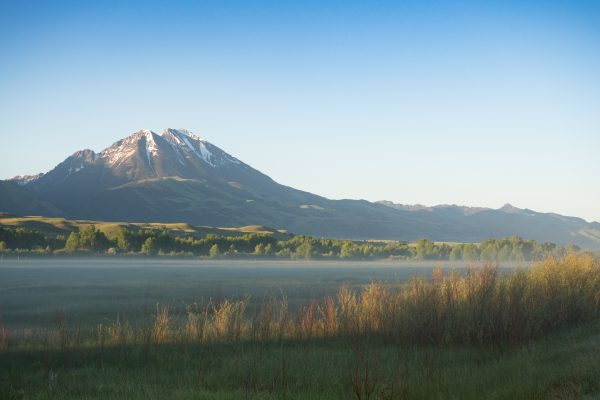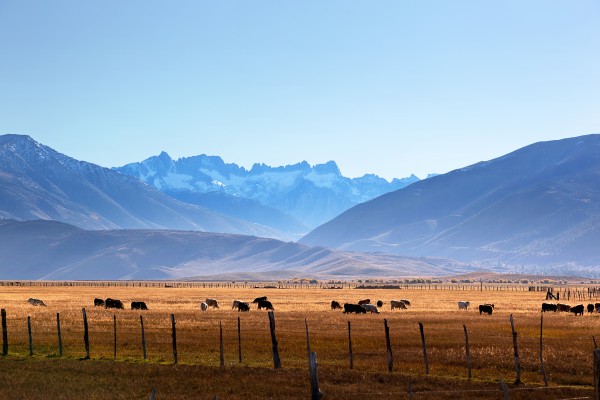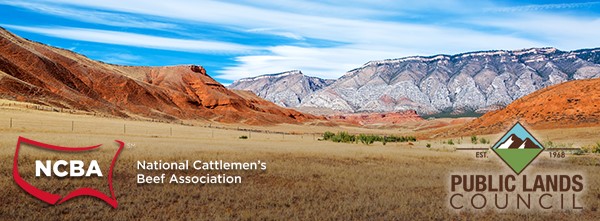WASHINGTON (March 18, 2015) – The Public Lands Council, as part of the a coalition of western counties and ranching, mining, and energy associations, has filed three Data Quality Act challenges to the information that the Bureau of Land Management, U.S. Fish & Wildlife Service, and U.S. Geological Survey are using to make public lands and Endangered Species Act listing decisions for the Greater Sage-Grouse. The coalition is challenging the reports the agencies are using to justify top-down restrictive measures that will damage western communities while discouraging more effective state and local conservation efforts.
Together, the coalition supports state, local and private sage-grouse conservation efforts over the one-size-fits-all measures being imposed by the federal agencies. Brenda Richards, Public Lands Council president, said the Reports do not address specific cause and effect threats to the Greater Sage Grouse. Rather, the agencies have turned a blind eye to sound science and on-the-ground solutions in order to push their own overreaching agenda.
“The reports push a one-sided, anti-grazing agenda by ignoring a large body of scientific literature,” said Richards, who ranches on public and private lands in Idaho. “The states and private landowners have invested millions of dollars and a considerable amount of time developing management plans, improving habitat, and implementing conservation measures. The agencies are using faulty logic to justify a top-down approach to sage grouse management, where states are much better suited, with their expertise as wildlife managers, to protect the sage grouse. Many studies show misguided federal management will harm the sage grouse as well as the 11 states it inhabits.”
The legal and scientific team, headed by attorney Kent Holsinger of Holsinger Law, LLC, provides exhaustive information on the flaws in the agency science. The three challenges document the extreme bias that results when agencies willfully use incomplete scientific information to support a false narrative that the federal government knows best how to conserve the sage grouse and manage the West.
“It’s unacceptable that we’ve had to resort to multiple lawsuits under the Freedom of Information Act and other maneuvers to obtain basic scientific information that should have already been provided to the public.” said Holsinger. “By carefully analyzing that data, the coalition found extensive flaws in the agencies’ science, and demonstrated how they exaggerate impacts from human activities while ignoring real threats like predation as well as natural fluctuations. The steadfast reliance and perpetuation of flawed information reveals these agencies aren’t as much interested in sage-grouse conservation as they are in controlling our economy and western way of life.”
The coalition consists of Garfield, Grand, Jackson, Mesa, Moffat, and Rio Blanco counties in Colorado; Carter, Fallon, Fergus,McCone, Musselshell, Phillips, Prairie, Toole, Richland, and Yellowstone counties in Montana; Elko and Eureka counties in Nevada; Uintah County in Utah; American Exploration & Mining Association; Colorado Mining Association; Colorado Wool Growers Association; Independent Petroleum Association of America; International Association of Drilling Contractors; Montana Association of Oil, Gas & Coal Counties; Montana Petroleum Association; Nevada Mining Association; Petroleum Association of Wyoming; Public Lands Council; Utah Multiple Use Coalition; and Western Energy Alliance.
The full Data Quality Act challenges and an Executive Summary are available here.




